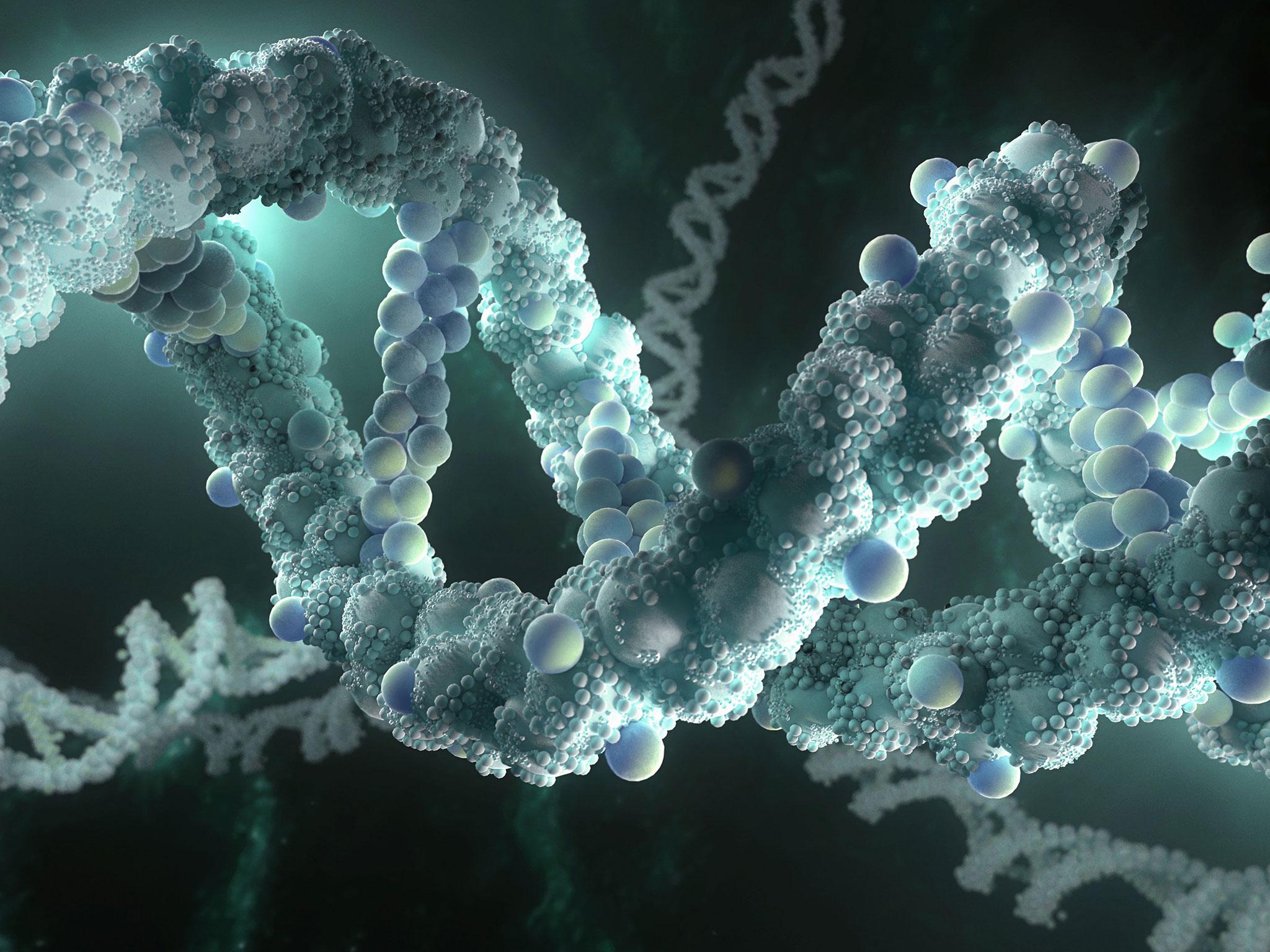Gene-editing could fight musclar dystrophy, says new research
The technique involves surgically cutting out a tiny piece of flawed DNA while avoiding traditional gene therapy

Gene-editing injections could one day offer hope to people suffering from devastating inherited diseases, new research suggests.
A first step towards the revolutionary treatment has been demonstrated by scientists who used it on mice with the wasting disease Duchenne muscular dystrophy (DMD).
The technique involves surgically cutting out a tiny piece of flawed DNA while avoiding traditional gene therapy. Crucially it can be applied to adults and does not require tampering with genes in eggs and sperm that are passed on to future generations.
In a series of mouse studies, documented in the journal Science, US researchers showed how a gene-editing package delivered by an injected virus can lead to partial recovery from DMD. The incurable disease is one of the most common and severe of a group of inherited muscle-wasting conditions that affect around 70,000 people in the UK.
It is usually diagnosed in boys in early childhood, causing muscle degeneration, disability and premature death. Men with the condition can only expect to live to their twenties or thirties.
PA
Join our commenting forum
Join thought-provoking conversations, follow other Independent readers and see their replies
Comments
Bookmark popover
Removed from bookmarks